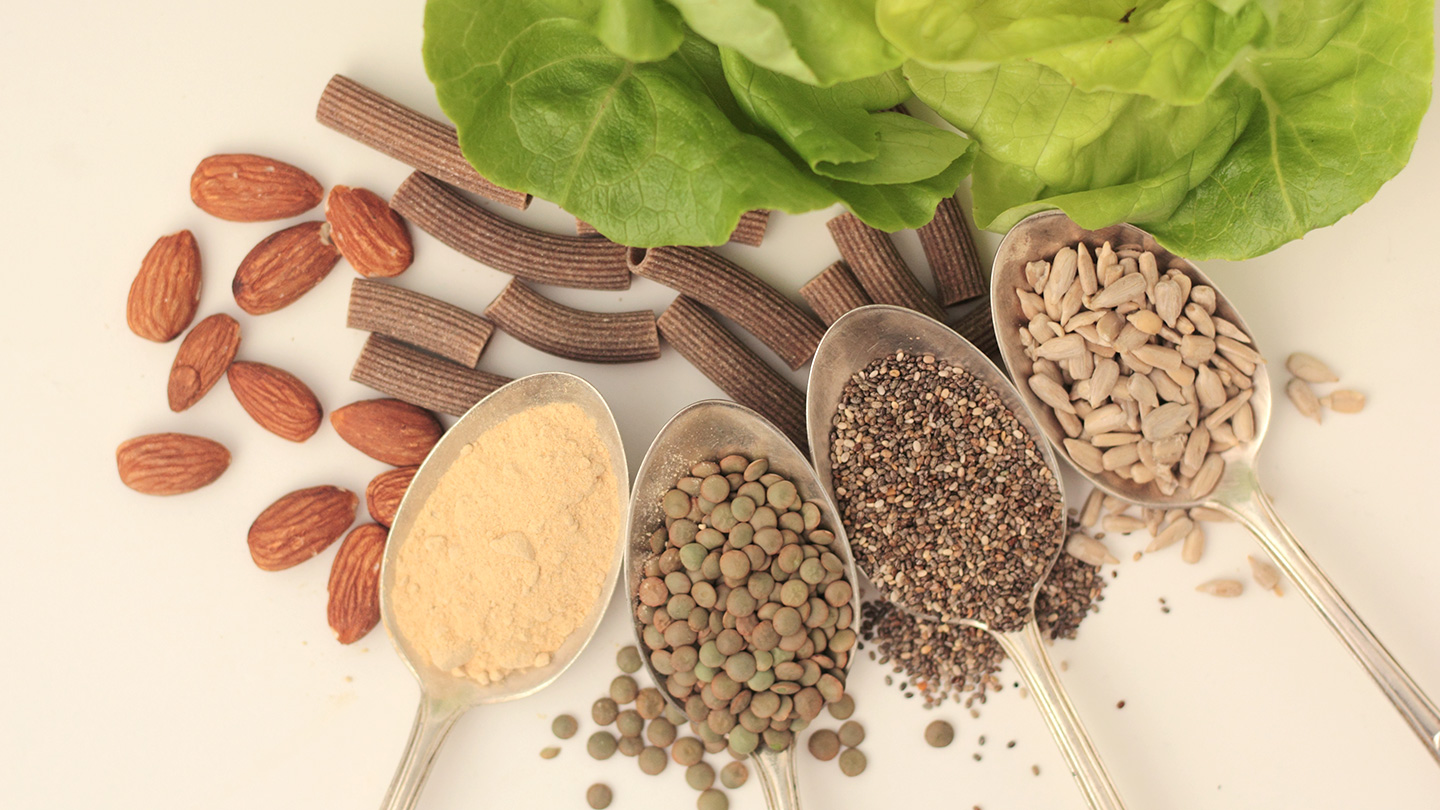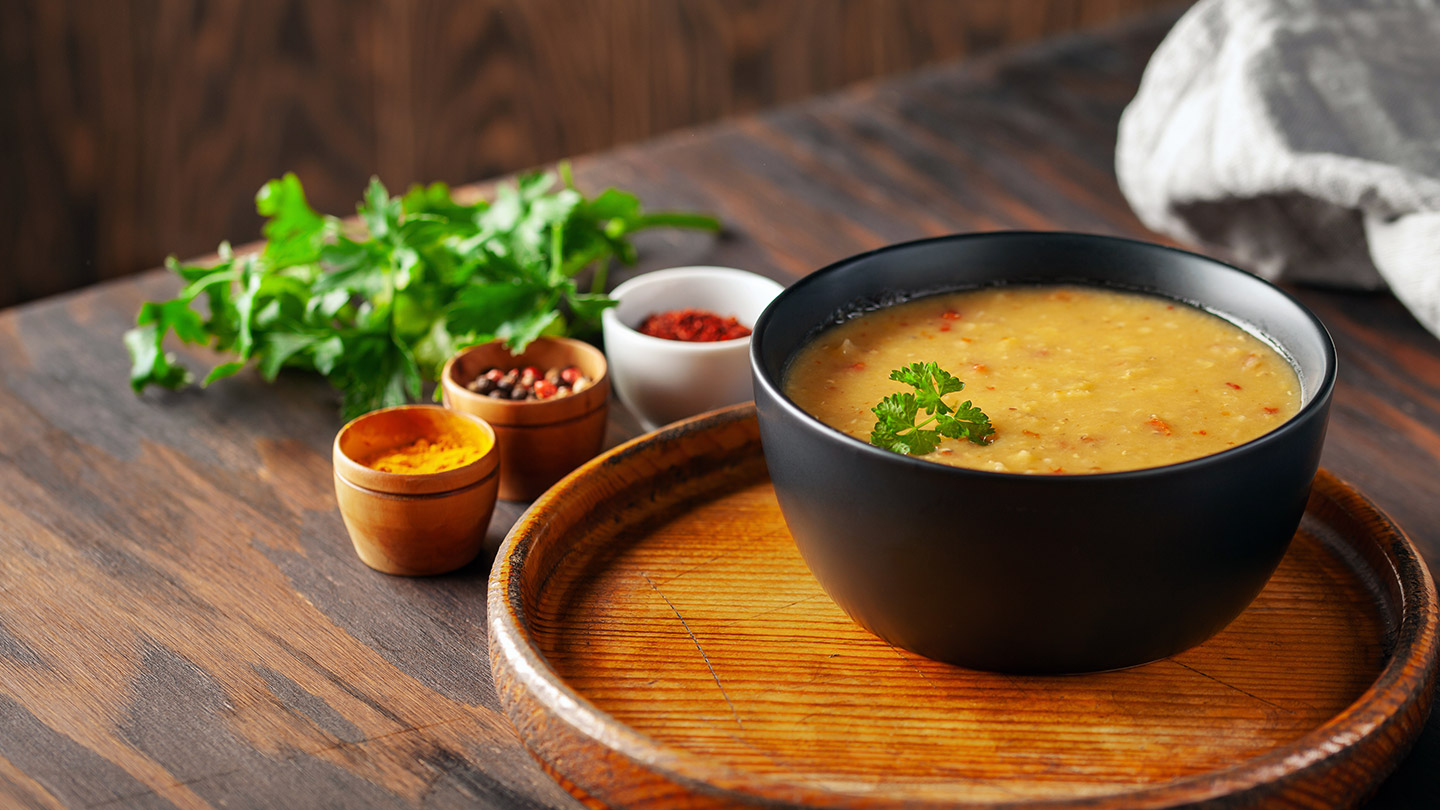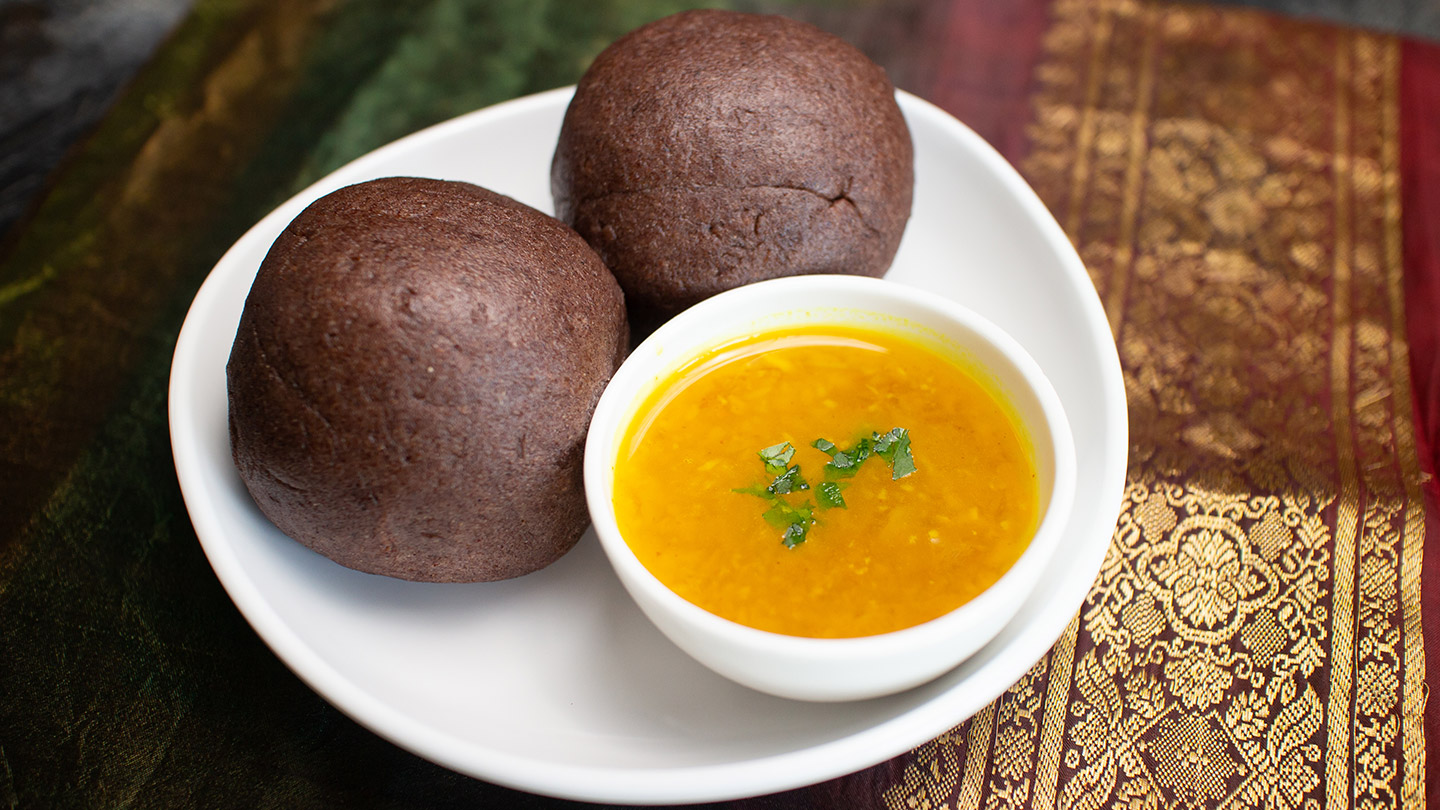Nutrition
PCOS and Food Choices: Why Lifestyle Changes Beats Quick Fixes
Managing PCOS goes beyond quick fixes; evidence-based dietary and lifestyle shifts can ease symptoms. Dive in to know more.

According to the World Health Organization (WHO, 2023), PCOS affects an estimated 8–13 per cent of women of reproductive age worldwide, and up to 70 per cent of cases remain undiagnosed. Women with PCOS often experience insulin resistance, making balanced nutrition essential. A meta-analysis of clinical studies found that a low-glycaemic index (GI) diet can reduce fasting insulin levels by about 6 per cent and body mass index (BMI) by roughly 4 per cent over 12 weeks. Similarly, adopting an anti-inflammatory diet, rich in omega-3s and antioxidants, has been shown to reduce testosterone levels and improve menstrual regularity.
Related Story: The Perfect PCOS Breakfast: Why Your Diet Matters
Essential Lifestyle Shifts in a Diet Plan for PCOS:
1. Choose Low-Glycaemic Index Foods
Focusing on low GI carbohydrates such as whole grains, legumes, and non-starchy vegetables helps stabilise blood sugar. According to a study published in the American Journal of Clinical Nutrition, in 2010; participants following a low-GI plan achieved a 5 per cent weight loss and improved insulin sensitivity better than those on a low-fat diet.
2. Increase Lean Protein and Plant-Based Fats
Incorporating lean proteins such as fish, chicken, and tofu, along with plant-based fats like avocado, olive oil, and nuts, supports satiety and hormonal balance. In a randomised trial, on “Effect of walnut and almond consumption on sex hormone profiles in women with polycystic ovary syndrome” (2019) found that daily consumption of walnuts or almonds, both rich in unsaturated fats, led to improvements in androgen profiles among women with PCOS. Almond intake was linked to a reduced androgen index, while walnuts increased sex hormone–binding globulin (SHBG), both beneficial for lowering androgen activity.
Related Story: Healthy Diwali Dessert: Khajur Rolls with Nuts
3. Embrace Whole Foods Rich in Nutrients
Vibrant fruits, leafy greens, and colourful vegetables provide vitamins, minerals and antioxidants that support ovulatory function. Vitamin D supplementation, for instance, alongside dietary intervention, is associated with a 30 per cent increase in menstrual regularity.
4. Moderate Carbohydrate Intake, Do Not Eliminate
A moderate-carb approach discourages extremes. Instead of cutting out entire food groups, aim for balanced portions across meals. Clinical guidance favours around 45–50 per cent of daily calories from healthy carbs, balanced with protein and healthy fats.
Balanced, Sustainable Dietary Habits for PCOS:
A sustainable diet plan for PCOS isn’t about restrictions, it’s about balance and consistency. Here’s how you can integrate these habits into everyday life:
1. Balanced Macronutrients: Aim for every meal to include a mix of complex carbohydrates, lean protein, and healthy fats. This combination slows digestion, prevents blood sugar spikes, and supports hormonal balance.
- Example: A balanced thali with grilled tandoori fish or paneer (protein + healthy fats), a serving of brown rice or millet roti such as jowar/bajra (complex carbohydrate), and a side of saag or mixed vegetable sabzi (fibre + micronutrients), along with a small bowl of curd (probiotics + protein).
- Everyday swap: Replace white rice with brown rice or quinoa and pair with lentils or chicken for satiety.
Related Story: Brown Rice Meal Pot
2. Whole, Minimally Processed Foods
Ultra-processed foods, high in refined sugar, additives, and unhealthy fats worsen inflammation and insulin resistance. Instead, opt for whole foods that keep you fuller for longer.
- Example: Instead of packaged breakfast cereals, choose overnight oats with chia seeds, berries, and almond butter.
- Everyday swap: Snack on nuts, seeds, boiled eggs, or fruit with yoghurt instead of fried chips or biscuits.
3. Individualised Carbohydrate Intake
Women with PCOS respond differently to carbs. The goal is moderation, not elimination. Choosing low-glycaemic index carbs helps manage cravings and energy levels.
- Example: A wrap made with whole grain roti filled with paneer and vegetables, instead of white bread sandwiches.
- Everyday tip: Track how your body feels after different carb sources, swap refined carbs (white bread, pasta) for sweet potatoes, legumes, and millets.
4. Consistent Meal Timings
Eating at regular intervals helps stabilise insulin levels and prevents energy crashes. Skipping meals can lead to overeating later in the day.
- Example: Three balanced meals and two small snacks spaced out every 3–4 hours.
- Everyday practice: Keep nuts or roasted chickpeas in your bag to avoid long gaps between meals. Even a protein smoothie can be a good mid-afternoon fix.
Related Story: 5 Meal-Replacing Lunch Smoothies For Working Professionals
5. Adequate Hydration and Fibre Intake
Hydration and fibre-rich foods aid digestion, reduce bloating, and improve gut health, which is increasingly linked to PCOS management.
- Example: Aim for 2–2.5 litres of water daily, plus fibre from vegetables, lentils, flaxseeds, and fruits with the skin on.
- Everyday tips: Start the day with warm water + lemon, add chia seeds to smoothies, and include a bowl of salad before lunch and dinner. Swapping fruit juices for whole fruits adds both hydration and fibre.
Living with PCOS requires consistency, not quick fixes. The most effective diet plan for PCOS is one that balances low-GI foods, lean proteins, healthy fats, fibre, and hydration, while avoiding extremes promoted by social media trendy diets. Research consistently shows that sustainable lifestyle shifts not only improve insulin sensitivity and hormone balance but also support long-term wellbeing. By focusing on whole, nutrient-rich foods and personalised eating habits, women with PCOS can reclaim control of their health with one mindful plate at a time.
Get instant access to personalised nutrition advice just for you. Sign up here.
EXPLORE MORE
Give your leftover dal a delicious second act with light, vegetable-packed soup. Gently spiced, nourishing, and easy on digestion, it’s the perfect bowl for rainy days or slow evenings.
Beat the heat with eight mocktails that are anything but ordinary; a glass full of flavour and joy.
A wholesome South Indian classic, Ragi Muddha with Thotakoora Pappu is rich in fibre, protein, and minerals. This earthy millet ball and amaranth leaf dal combo is perfect for a hearty, gut-friendly meal you can feel good about.
A vibrant vegan quinoa buddha bowl loaded with fresh veggies, protein-packed chickpeas, and zesty tahini-lemon dressing: wholesome, delicious, and perfect for fueling your day.











.jpg)
